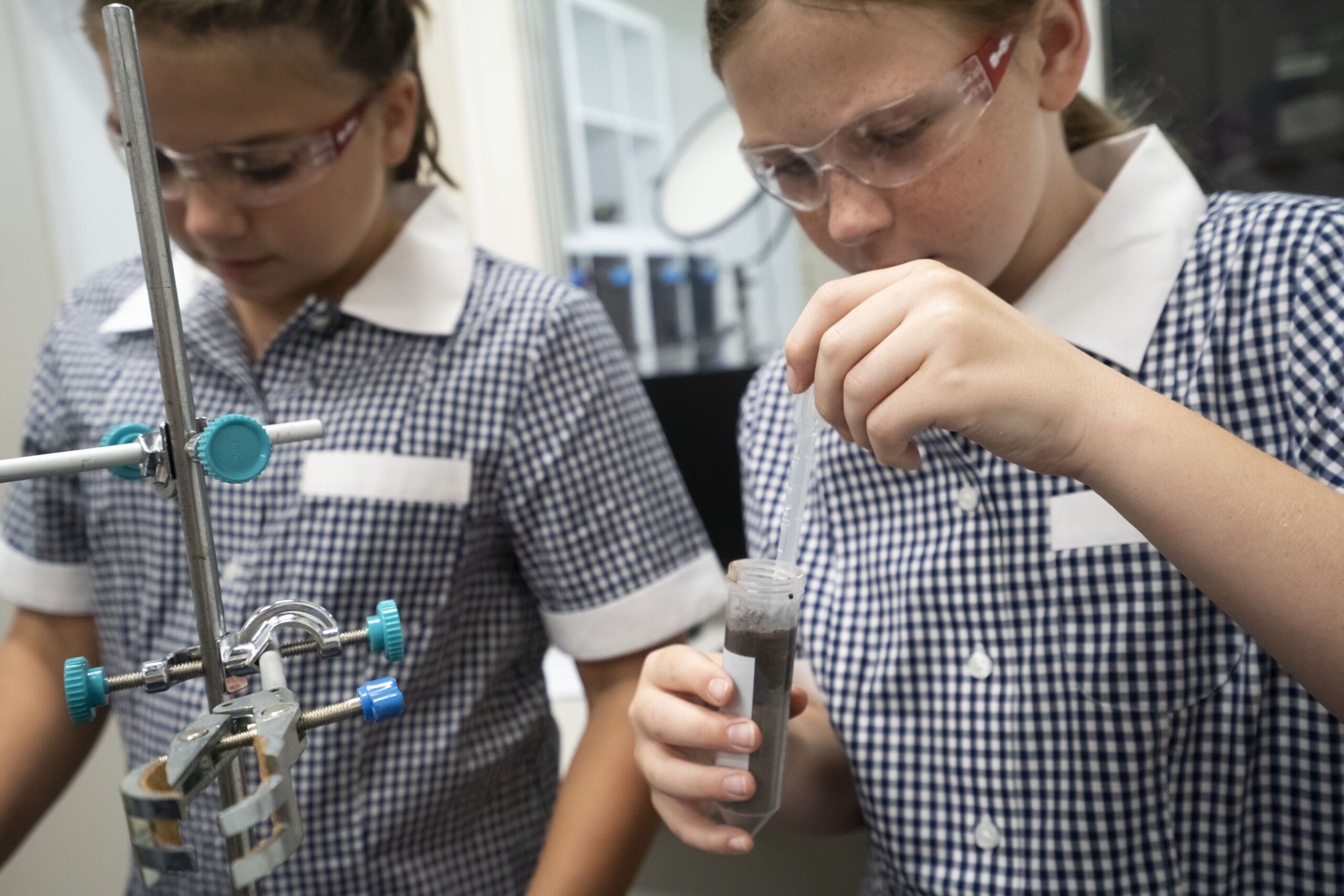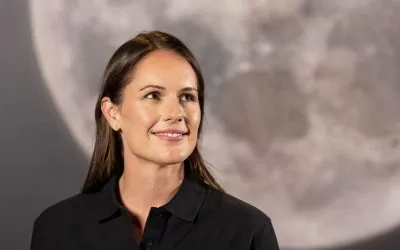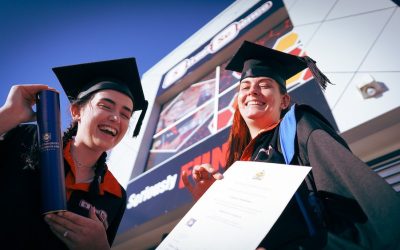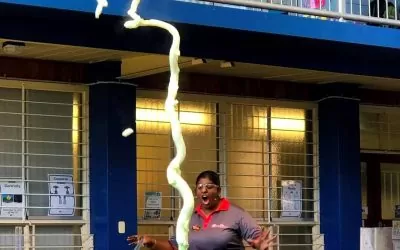Connecting with students and getting them to genuinely understand curriculum material is one of the biggest challenges that teachers face. Making a positive impact on your students is the goal of every classroom teacher, and it becomes much simpler using contextualised learning strategies. Contextual learning encourages teachers to cut back on reading straight from the textbook. Instead, lessons are framed in ways that students are more likely to understand, making classroom activities more fun and relevant to their everyday lives. With tools and teaching aids such as our science kits for schools, students can use the materials and online resources provided to receive greater contextualised learning.
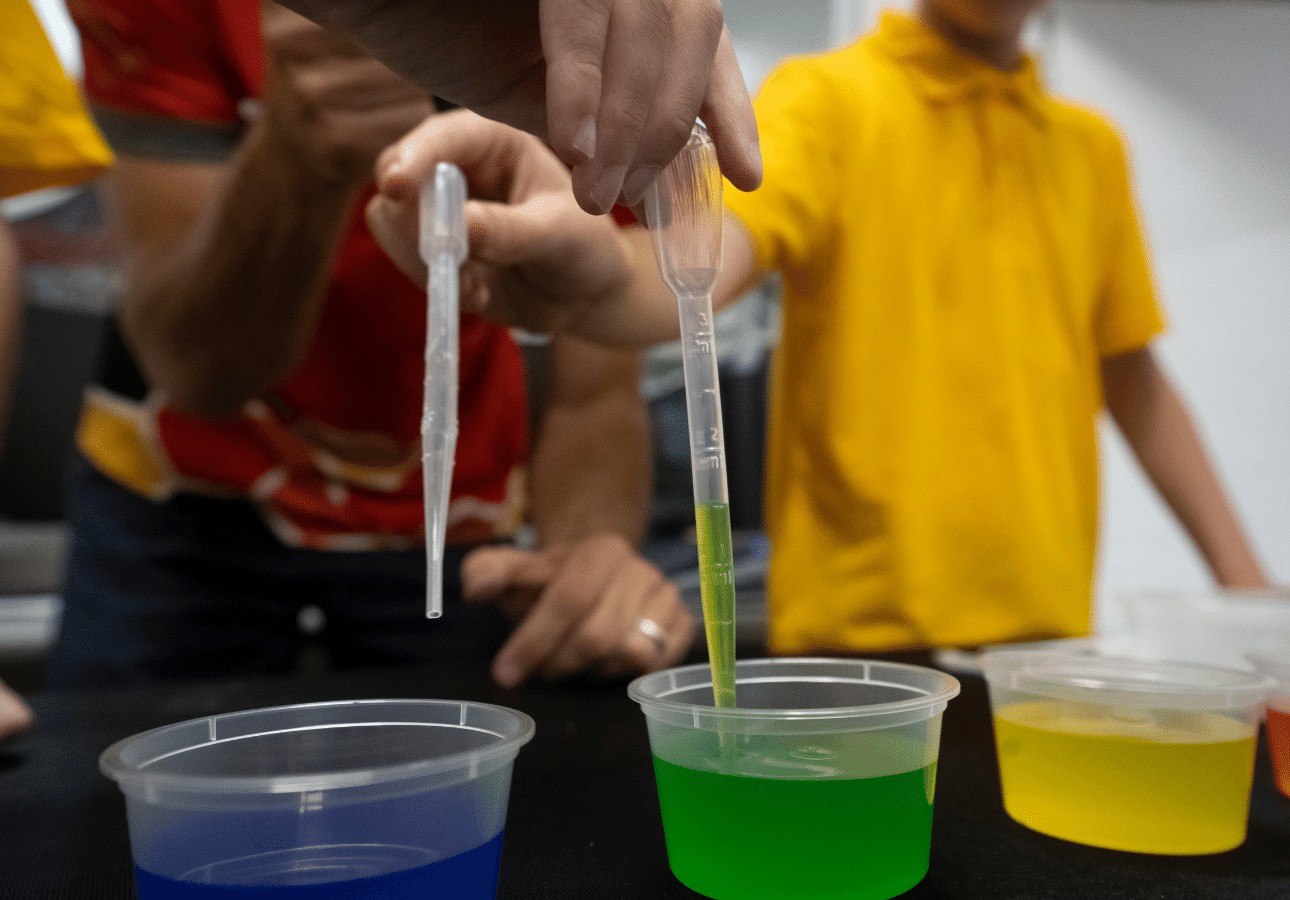
What is Contextualised Learning?
Contextual learning is an approach to teaching that’s designed to help students apply, comprehend and retain knowledge and skills they learn in the classroom. Compared to more traditional teaching styles that use lecturing or “textbook” learning, contextual learning is all about designing lessons which link to real-life experiences that students can relate to. A contextualised learning activity puts information into a format that students are more likely to understand.
This might be as simple as relating a lesson back to recent, real-world events, or it could be as complex as designing an activity to align with a student’s socio-economic background, family circumstances or disability needs.
Taking a Contextual Learning Approach to Teaching
A contextualised school curriculum is one that gives all students in your care the best possible access to the skills and information being taught. When contextualising a lesson, teachers use relevant interests and issues from a student’s life to design meaningful learning experiences and activities which are relevant to their class. This approach creates lessons that are connected to the real world, making them more meaningful to students. Ultimately, making your learning activities meaningful helps students to understand, recall and apply the concepts they’re learning in the classroom.
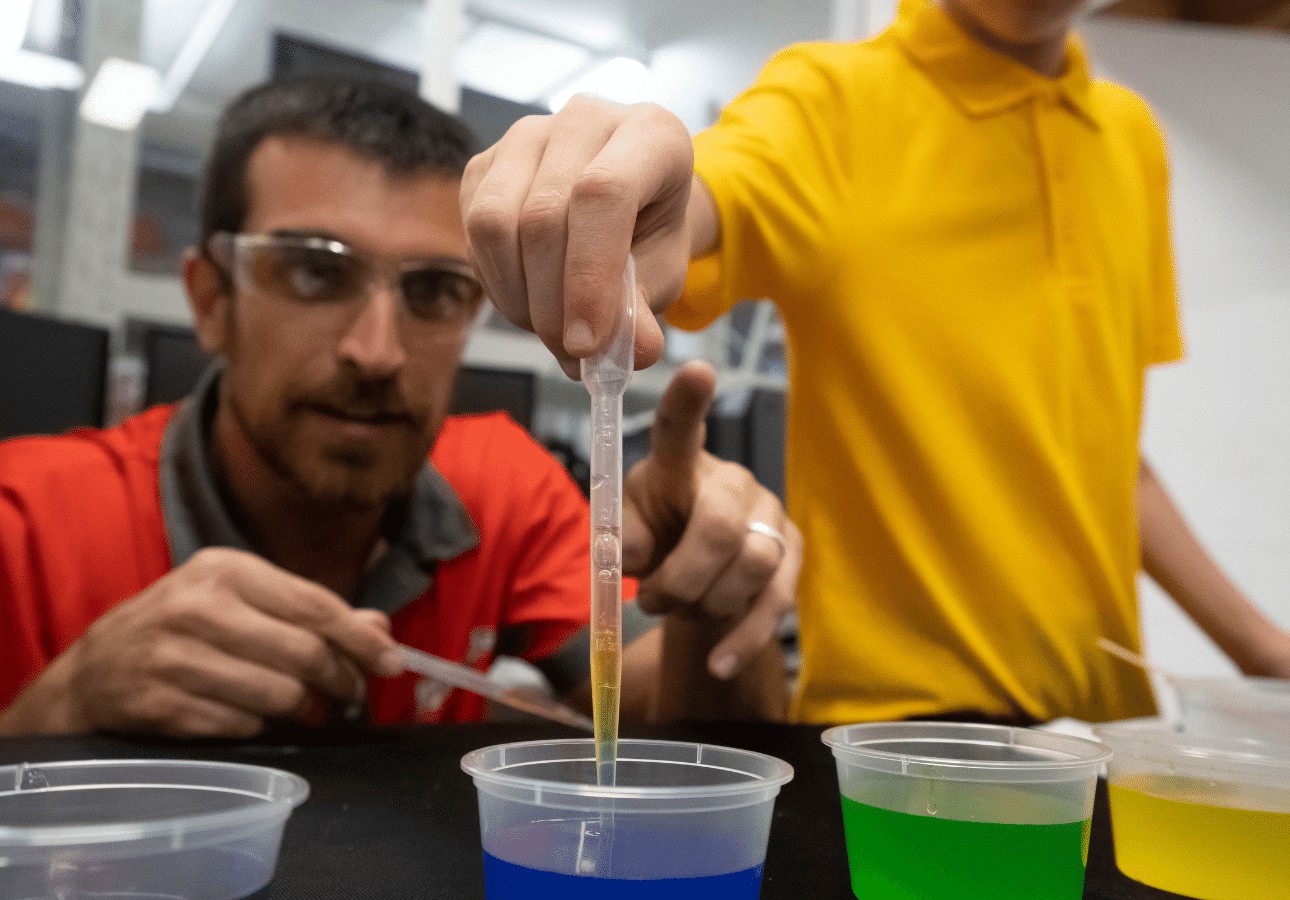
Putting time and effort into contextualising your lessons is a great way to increase the confidence and enthusiasm of your students. Studies have shown that contextualised learning experiences are of particular benefit to students who have learning difficulties and disabilities as the focus is less on reading and writing, but more about why the content or concept is relevant. This in turn improves student outcomes and enhances their interest in school.
How to Develop Contextual Learning Activities
Developing lessons and activities that are relevant to your students is a great way to ensure the information taught actually sinks in. The goal of all teachers is to enlighten young minds, and it’s a great feeling to know that your students are actually retaining the information you’re covering!
Developing contextual learning strategies should be a regular part of your lesson planning activities. When designing contextual lessons, try to:
- Focus on students’ specific needs. Teachers need to understand their students’ background and interests before designing any learning activities. This might include understanding your students’ interests, or it could mean understanding the needs of students with learning disabilities.
- Incorporate active participation. The simplest way to contextualise a unit of work is to get your students involved. Science lessons are an ideal environment to hone your skills as almost everything we teach has a real world application. By linking the concepts being taught to a relevant and real life example, you have provided context for your students to understand the theory on a deeper level. For example, science students are often given instruments and asked to perform experiments to solve a problem that the class is experiencing. This contextualises the information and makes the lesson highly engaging. For a class like English, the teacher may ask students to read passages that relate to their interests, like cars, movies, video games or sports.
- Integrate real-world examples. Even if you don’t know each individual student’s interests, incorporating real world events can instantly make a lesson more relevant. A primary school maths lesson could be related back to scenarios that students are familiar with, like buying food from the tuck shop or dividing a cake with their family. Similarly, a science lesson about flight could be related back to the trip a student took on an aeroplane.
- Relate lessons to students’ interests. While it can be hard to keep track and cater to every students’ interests in a classroom setting, relating lessons back to personal interests is still one of the best ways to contextualise a lesson. If you won’t be able to tailor a lesson to suit just one or two students, consider connecting it with interests that hold a broad appeal to most students.
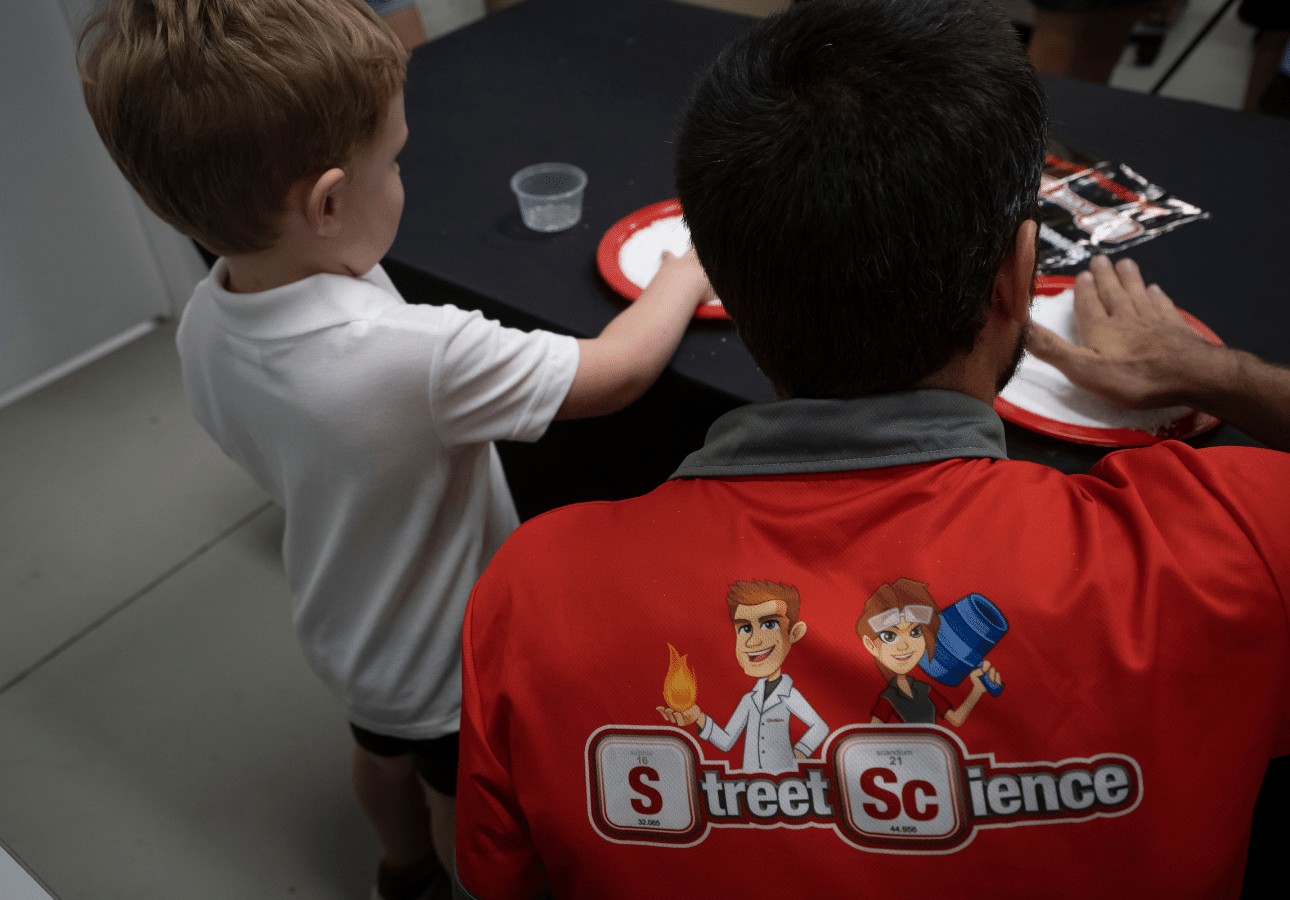
Want to Learn More About Glass? Book Street Science’s National Science Week Show!
Designing lessons that relate to your students doesn’t need to be a challenge. When you’re looking for ways to make an impact and help your students understand the Australian Curriculum, Street Science has the answer! In addition to our super popular curriculum aligned science shows and hands-on workshops, we also provide support to teachers in their own classrooms with our Award Winning STEM Classroom Kits. A Street Science Classroom Kit has everything you need to deliver a highly engaging science lesson on a range of topics that are guaranteed to get your students buzzing! These Classroom Kits are aligned with the Australian National Curriculum and are delivered with resources for 35 students, as well as video clips that walk both the teacher and students through the hands-on activities. You can find out more about the new range of Classroom Kits on our website or by getting in touch with us today!

